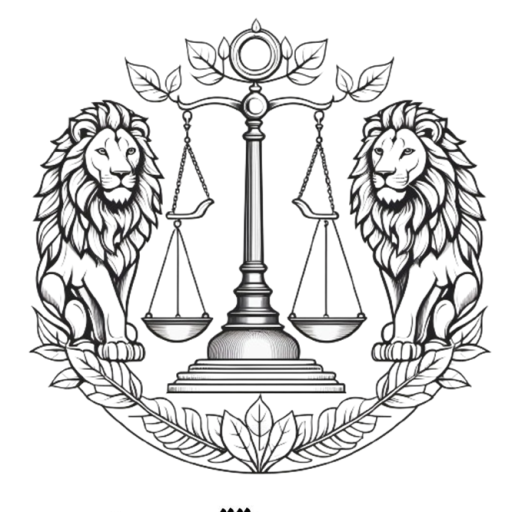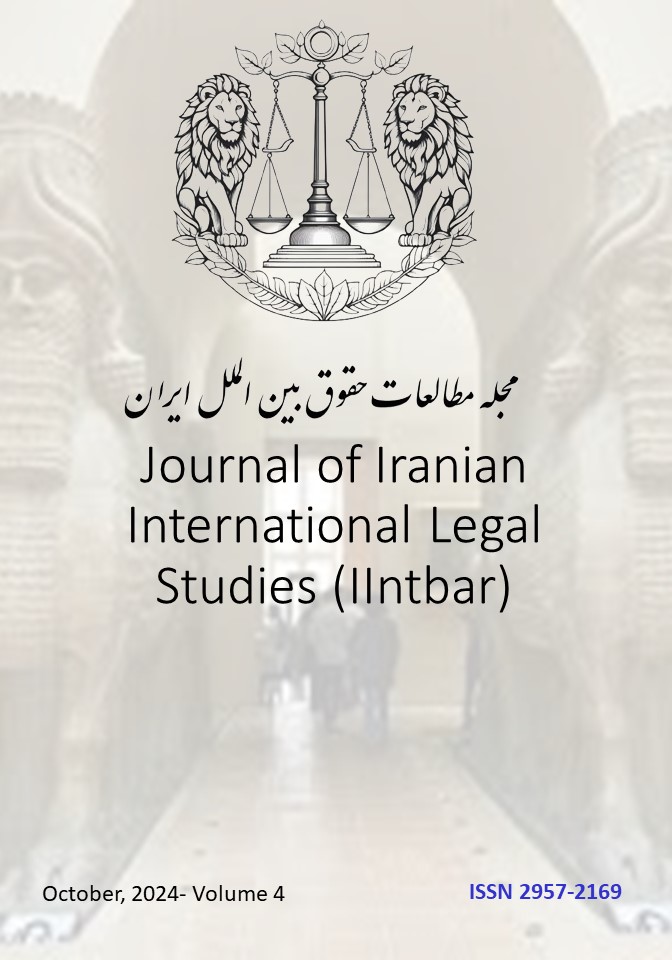Nasim Amiri Ghadi 1, Amirali R. Davoudpour 2
- Faculty of Anthropology and Cultural Studies, Adam Mickiewicz University in Poznan-Poland
- Iranian Canon of Medicine and Law, Administrative Wing of Law and Healing Association, Iranian Watchdog of Medicine and Law, Tehran-Iran
Email of the corresponding author: davoudpour@canmedlaw.org
Accepted and published September, 2024, DOI: https://doi.org/10.5281/zenodo.13729863
This article is published under CC BY 4.0 creative common license that Allows others to distribute, remix, adapt, and build upon the work, even commercially, as long as they credit the original creator.
Abstract
International terrorism is a complex phenomenon that involves not just individuals, but multiple states and governments, such as Germany, Israel, and the United States. This article explores the role of international terrorism in perpetuating systemic inequalities, or “apartheid,” through military, economic, informational, and even scientific means. It highlights the impact on victims of this international terrorism and advocates for resistance against all forms of apartheid—whether economic, scientific, artistic, political, or legal—as a necessary step towards achieving freedom and justice. The article emphasizes the importance of confronting these multifaceted forms of oppression, particularly when they manifest in extreme economic disparities, such as the exorbitant costs of military actions that disproportionately affect vulnerable populations like Palestinian children.
Keywords: Terrorism, Apartheid

